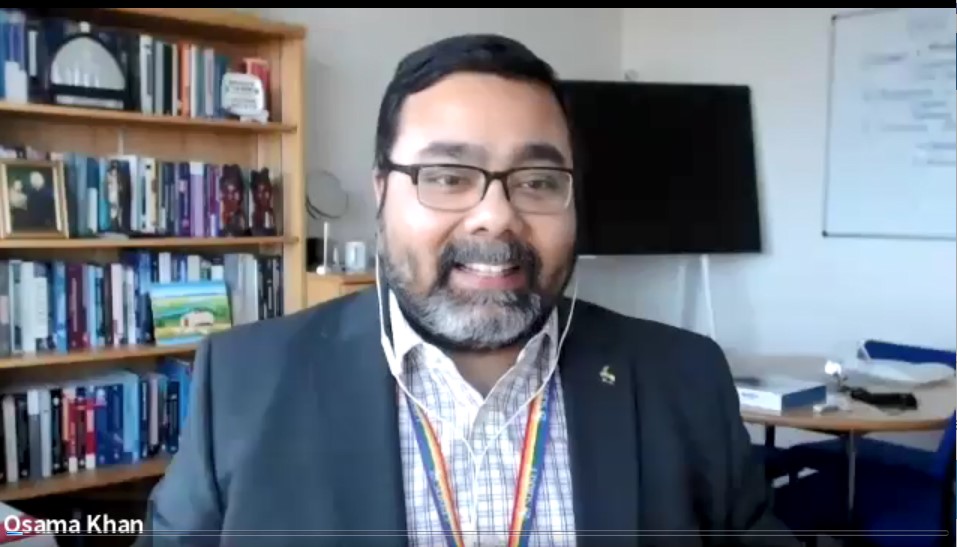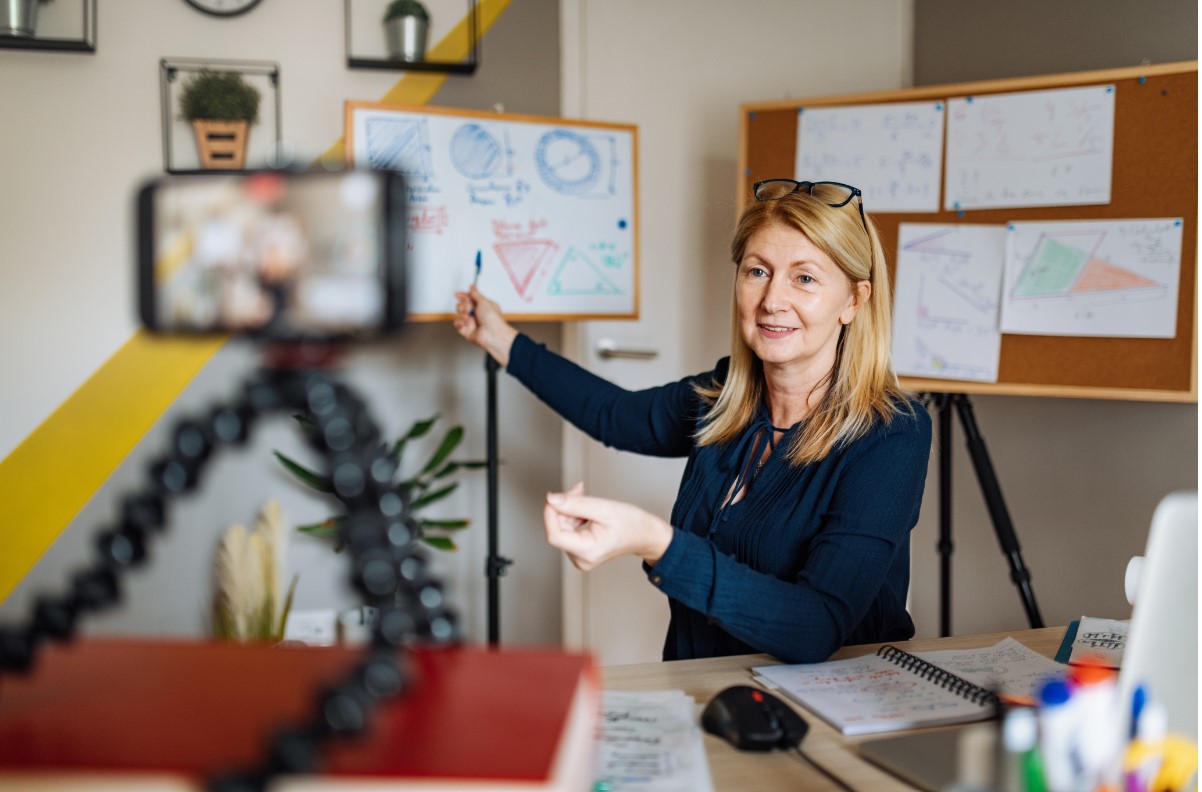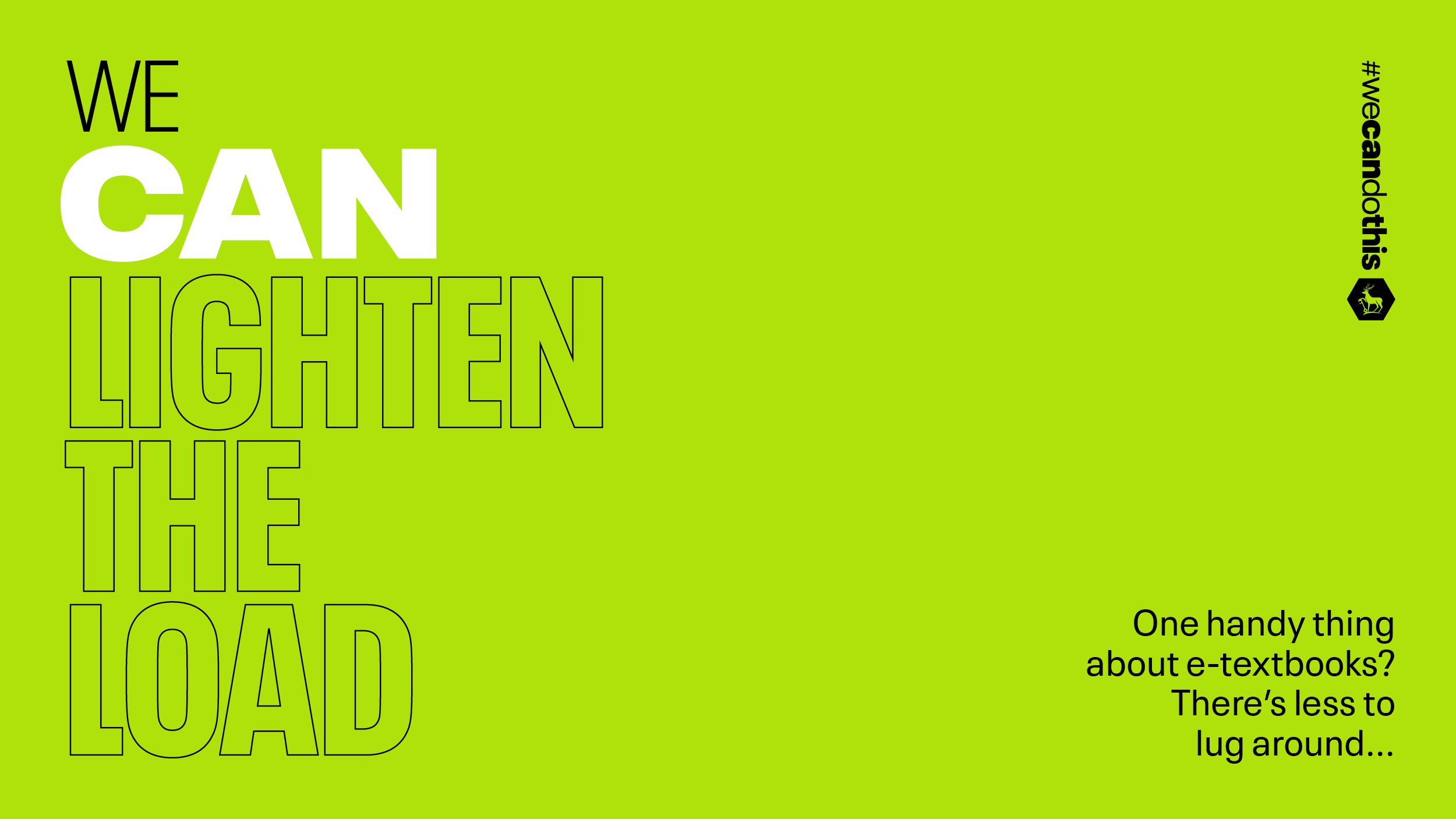It was my great pleasure to kick off a new series of ‘In Conversation’ events. The last time we held one of these in-depth discussions was exactly a year ago, in person. The year that followed saw us turning our collective focus towards the very urgent needs and challenges of fighting the Covid-19 pandemic.
We were forced, by necessity, to make a fast and flexible transition to online learning and remote working. A year on, we are not only accustomed to but also enthusiastically embracing the promise and opportunities of hybrid education. More broadly, Covid-19 has certainly catalysed digital transformation across the world and the HE sector has become more agile and innovative, developing new methods and tools that are more aligned with our modern world and the changing demands on higher education.

Now, our recent experience with virtual learning and remote teaching and working presents opportunities to reimagine what the future of higher education might look like. The question for us is whether 2021 will deliver more of the same, or whether approaches will continue evolving into a much more blended and permanent model.
That’s precisely what Professor Osama Khan and I met to discuss in the first ‘In Conversation’ of 2021 – online, of course. Osama and I have, unsurprisingly, had frequent and energised conversations about digital learning – present and future – as we worked very hard to ensure our students and staff had what they needed for the top-quality education that Surrey is known for.

I think we were already entering a period of significant innovation in the way digital technologies are used for learning and collaboration. For example, technology companies such as Cisco fast-tracked development efforts, reflecting the fact that virtual learning and remote working are no longer fringe activities. It is clear that the speed of innovation in blended learning and working will continue to accelerate. Technologies such as augmented and virtual reality, AI, 5G and IoT — all areas in which Surrey has outstanding research excellence — will help to make the blend between the physical to virtual experiences more seamless. We need to harness the power of digital technologies to support collaboration and peer-to-peer learning as well. Collaboration tools that allow students to form their own online learning communities and relationships, and to interact with support teams and networks, are a must-have.
Of course some disciplines, particularly those requiring practical sessions and specialist equipment, will continue to be anchored to the campus. And for most others the focus will shift from formal learning to more peer-to-peer, personalised and social learning. We can imagine that the campus will increasingly be the place where students and staff alike go to make human connections and form relationships. It would facilitate and enrich creative thinking, knowledge generation and application, networking and wellbeing.

Is the campus ripe now for a dramatic evolution? It’s certainly likely that staff will work from home a lot more in the future – and this gives us the opportunity to reimagine our campus spaces, transforming more of them to invite a wider range of social, collaborative and informal activities.
Professional Services will have such a key role in digital transformation and supporting the learning journey, enabling us to forge ahead with our overall strategy. What makes this possible is the systems that are integrated, streamlined, consistent and efficient. This is an important area for new investment, which would strengthen our core mission in teaching, learning, research and innovation.
For universities, the blending of the physical and virtual creates complexity and has major security and cost implications. These, however, will gradually reduce as we identify the most successful approaches and have more experience.

In summary, to make the transition to true hybrid learning and working successful we must:
- adopt a digital-first mentality: the question is no longer how to augment the physical experience with a virtual one, but what does the student really need/want, and how do we create the conditions for success?
- prioritise investment to ensure that infrastructure is scalable and secure, the digital divide is bridged and benefits are shared equally
- acknowledge that multiple endpoints will be used by remote learners and workers which means integration needs to be properly resourced to guarantee a high level of service
- think about using MOOCs and SPOCs, micro-credentials and stacked credits, and co-designing courses with industries for graduate outcome-driven teaching and learning support, to be augmented by digital technology tools.
There will be opportunities for new programmes to be developed in areas that are conducive to digital technology delivery. Lifelong learning and up-skilling that have been supported by the UK government would present significant opportunities for the higher education sector’s contribution. And beyond our borders, digital innovation can be a catalyst to enable innovative partnerships for Trans-National Education. We could take full advantages of our well-developed international networks to advance global higher education and to tap into new markets.
As we move into creating learning communities on a digital platform for our students on campus, adult learners, professionals and the world, how do we make certain that personal engagement remains robust and provide the needed support for all learners to achieve their maximum potential?
It’s true that digital learning doesn’t always work in practice, and problems can remain around full engagement and participation. I believe part of the solution is to ensure, quite simply, that online material is of high quality, interesting and interactive. Here we have a lot to learn from using big data analysis and AI on student engagement data to deliver rich, meaningful, ethical and actionable learning analytics that help students via personalised learning plans.

A recent article in Times Higher Education reflects on how the pandemic has propelled online education into the next phase, but also points out that HE’s aspirations and outcomes – knowledge of the discipline, communication and intercultural skills, and critical thinking – remain the same. Now, however, materials need to be created “from the ground up” as digital projects, as opposed to simply recording in-person classes, in order to achieve “personalisation at scale” according to Dale Johnson, director of digital innovation at the University Design Institute at Arizona State University. He continues: “In all industries, the first stage of development is to mimic old processes. The next challenge is to let technology change your processes”.[1]
As Osama remarked, ‘A new blend needs to take place.’

In conclusion, I truly see a lot of potential post pandemic. Our digital world is interlinked, and we need to keep thinking laterally and exploring new applications and inventive avenues for learning. For example, we could collaborate with local gaming companies; Guildford is rich in these, thanks to its status as ‘the Hollywood of Games’. We might co-develop systems and curricula together with local secondary schools, so students are already ‘digital learning natives’ by the time they arrive at university.
Ultimately, Surrey can be a place where practice-based, research-informed, digital education thrives in a spirit of innovation and creativity, well-supported by the newly-established Surrey Institute of Education which will work with subject champions and academics with a passion for digital learning to implement our vision. Most importantly, we must continue to provide a holistic transformative experience that shapes the future citizens of our society through education and co-curricular and extra-curricular activities, and push the boundaries of research and innovation.
We look to inspired and determined people like Osama as Pro Vice-Chancellor, Education, to lead us in exploring this new digital world of HE. As Osama himself said, ‘We are finding out how technology now enables us to reach out to more people and transform their lives through education.’
These are exciting times! Surrey can and should lead the
way.
[1] https://www.timeshighereducation.com/news/pandemic-propels-online-education-next-phase?utm_source=THE+Website+Users&utm_campaign=56304caf9f-EMAIL_CAMPAIGN_2020_10_21_01_39&utm_medium=email&utm_term=0_daa7e51487-56304caf9f-59898377
